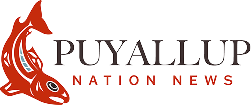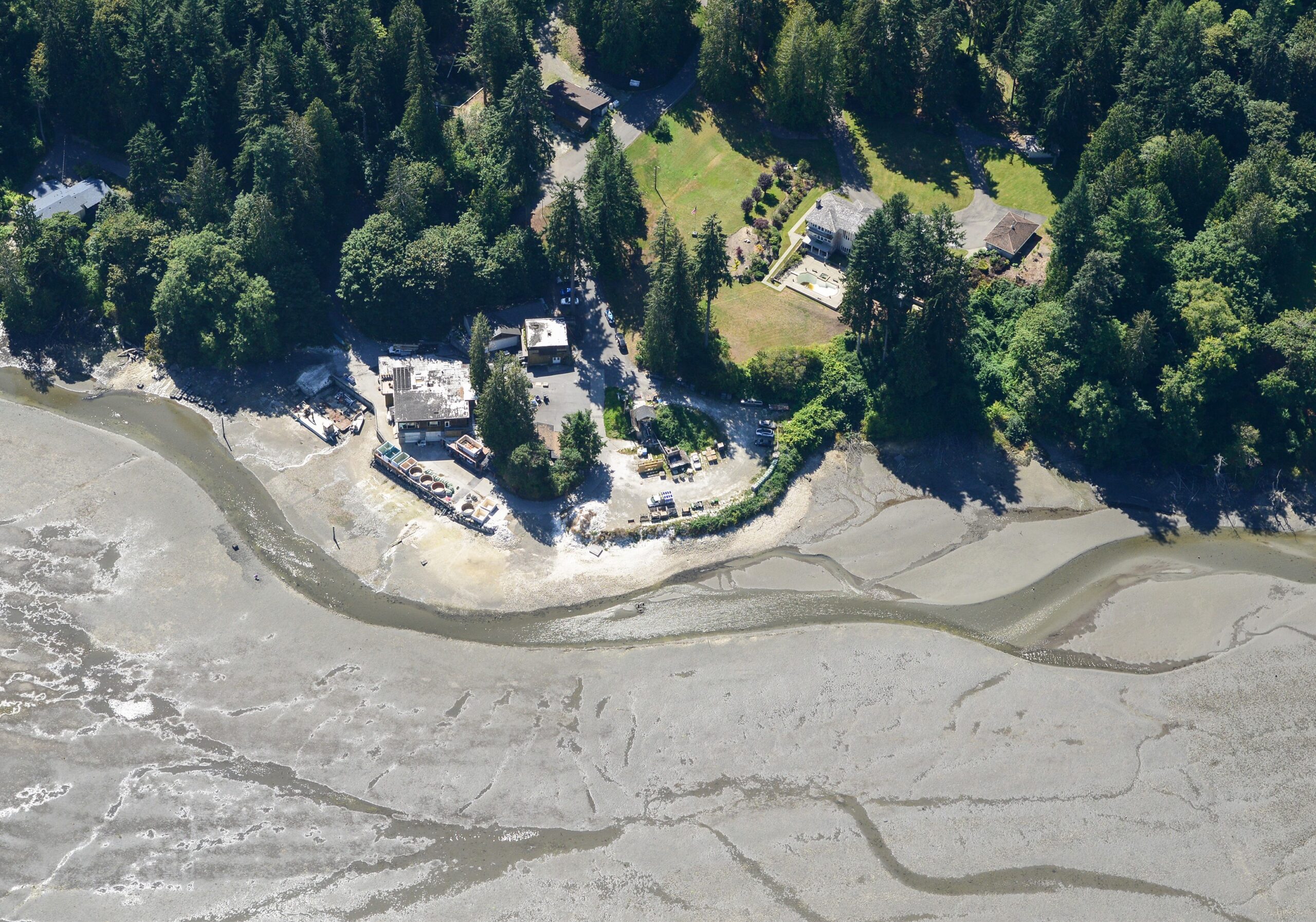The 2025 session, heralded as a “legislative win” by the Puyallup Tribal Council, included one item of specific interest. Alongside plans to update tribal hatchery facilities, this year’s Washington State Budget has apparently set aside $5 million to assist the Puyallup Tribe in the purchase of the Minterbrook Oyster Company.
The grant was one of several in a $28 million “Tribal Climate Adaptation” package intended to “provide tribal assistance to mitigate and adapt to the effects of climate change, including, but not limited to supporting relocation for Indian tribes located in areas of heightened risk due to anticipated sea level rise, flooding, or other disturbances caused by climate change.” The two grants (including an additional $3.25 million awarded to Puyallup Tribe Hatcheries), were the largest among the eleven issued by the state in 2025.
A representative for Minterbrook declined to comment on the potential sale of the business at the time of publishing.
Established in 1932, the Minterbrook Oyster Company resides in Minter Bay on the former site of a Salish tribal village. A seasonal harvesting ground for native peoples dating back centuries, the area was settled by the Minter family in the late 1800s with an eye toward logging related industries. Currently the area is considered a suburb of the city of Wauna.
Given its history, over the last several decades, those harvesting grounds have been an increasing source of dispute. Stretching back to the 1980s, Restrictions on shellfish farming in Minter Bay had steadily increased with declining water quality. However, Pierce county officials confirmed that in recent years Minterbrook has worked closely with the local health department to resolve potential water contamination issues. Current data shows the bay well within limits for safe harvesting operations.
At the same time, Tribal governments have been fighting to reclaim this land and its use. Even going so far as to turn to the courts for intervention. In a 2007 settlement the state ruled eight local shellfish growers (including Minterbrook) were “innocent purchasers who had no notice of the Tribes’ fishing right when they acquired their property,” and could therefore continue to operate in the area.
Set aside in that agreement, 22 parcels of state tideland were designated available for commercial lease, with the provision that if the lease on those lands was not maintained, tribes would have the right to “either exercise their treaty shellfishing rights” or “negotiate a lease for those covered tidelands.”
The settlement placed clear emphasis on leasing the property, however, with the state retaining rights to re-open the land to non-tribal industry any time within three years of a previous lease lapsing, even if native fishing rights were actively being exercised.
As of 2020 the Pierce County Planning & Public Works office noted that Minterbrook Oyster Company was the only remaining privately-owned, commercially-licensed shellfish harvesting business still in operation in Minter Bay.
The push to purchase the Minterbrook Oyster Company follows not far on the heels of a November 2023 announcement that the Puyallup Tribe had purchased a multi-purpose seafood processing plant in Fife. While mostly geared toward fish, the facility is also reportedly expected to operate in conjunction with the Tribe’s growing interest in geoduck and oyster farming. The acquisition of a company like Minterbrook would appear to be a major next step in that process.





